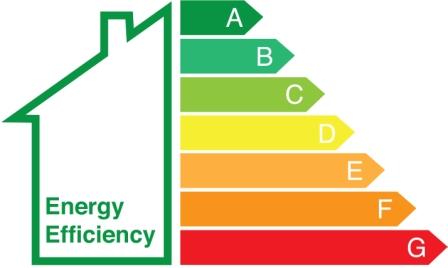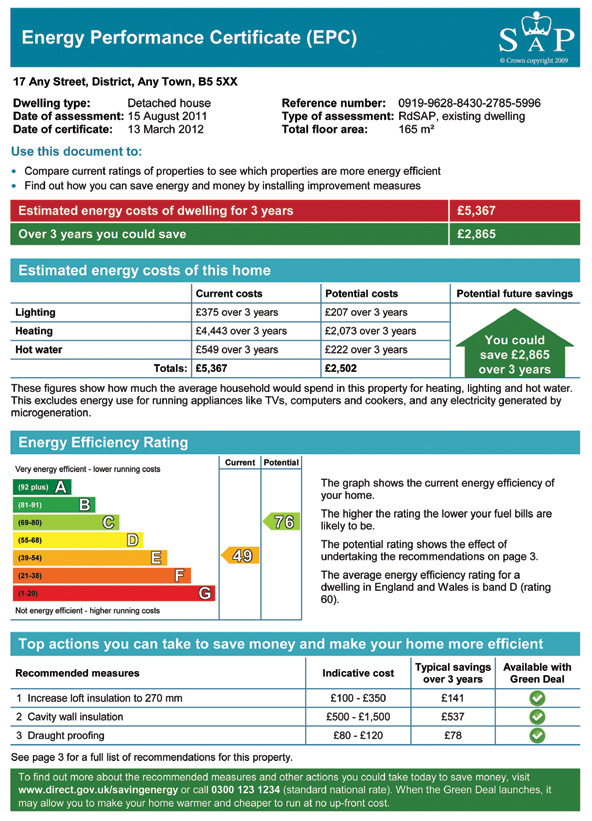ESTATEWISE MEES GUIDE

From April 2018, a new standard for energy efficiency will be introduced in England and Wales which will transform the residential and commercial rental industry.
This page explains what the new Minimum Energy Efficiency Standards (MEES) regulations are, what penalties you could face if you do not comply in time and what steps you should take now to make sure that you and your properties are compliant.
So what is MEES?
The Minimum Energy Efficiency Standards (MEES) was introduced in March 2015 by the Energy Efficiency (Private Rented Property)(England and Wales) Regulations 2015. MEES Regulations originate from the Energy Act 2011 which continues to support the promise made as part of the Kyoto Protocol to reduce the UKs carbon emissions by 80% by 2050.
Put simply, the Government is aiming to ensure that all tenants have a right to enjoy living in an energy efficient home and the introduction of MEES means that landlords will have to ensure that work is completed to improve the energy efficiency and ultimately, the EPC rating of their properties.
There are two key dates to be aware of and have been broken down into two phases:
Phase 1 – 1st April 2018
No new tenancies or renewals can be completed if the property you are renting out has an EPC rating of F or a G. These are the lowest grades on an Energy Performance Certificate.
Phase 2 – 1st April 2020
The MEES regulation will apply to ALL privately rented properties. This means all properties rented within England and Wales must have a minimum E Rating on their EPC.
Whilst the current MEES regulation is that the properties being targeted are those with an EPC Rating of F & G, it is important to be aware that these minimum standards are expected to rise in the future and properties rated E could be targeted next as part of the MEES Regulation.
What happens if my properties do not comply with
MEES Regulation in time?
If your properties do not comply in time, you will not be permitted to rent them and failure to abide by this regulation could result in a fine of up to £5000.
How can Estatewise help me and what should you do now?
As a landlord you should get Estatewise to carry out an up-to-date Energy Performance Certificate which will give you a current EPC Rating. Based on that Estatewise will then be able to advise you on the measures that you can complete to make sure you are compliant and can continue to let your property out after the MEES regulation deadlines have passed. NB: If your EPC Rating is an E, we advise you to complete work now to improve it to a C or D rating.
There are a range of inexpensive measures that landlords can take to improve their properties to these ratings and we are best placed to advise you on the right improvements you can make.

